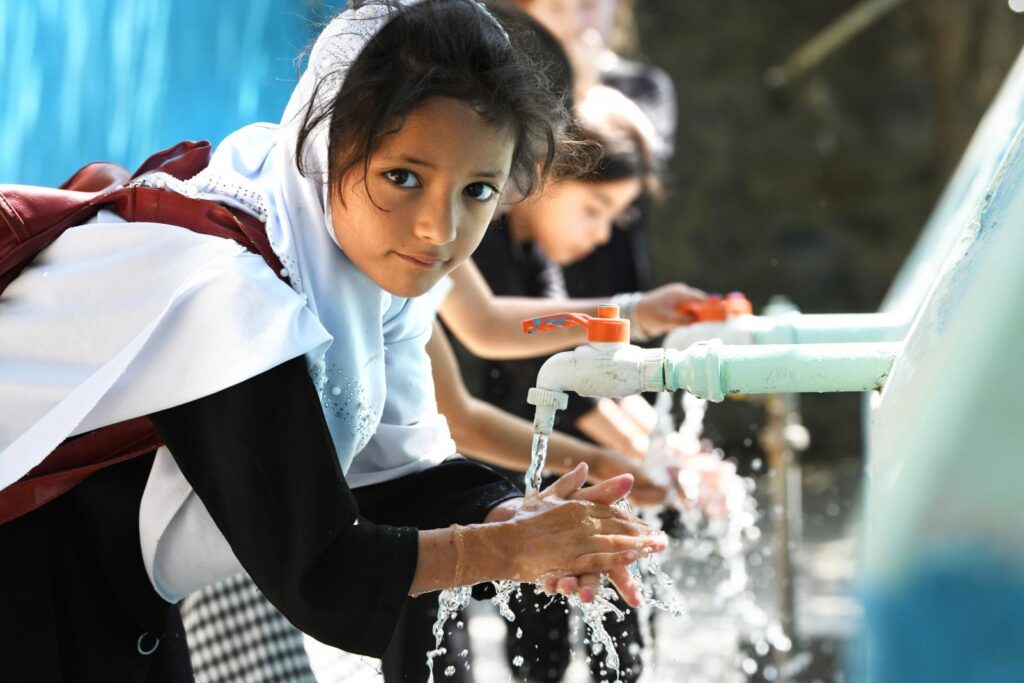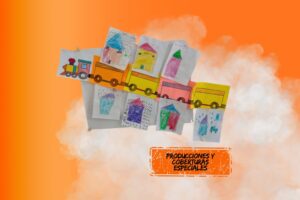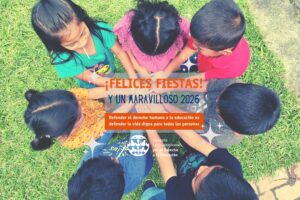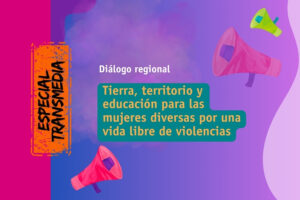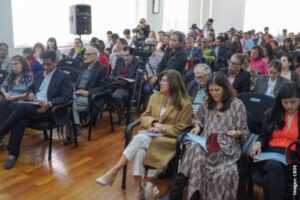Considering the widespread crisis and state of emergency across the world due to the COVID-19 pandemia, CLADE acknowledges and appreciates the life and health prevention and care recommendations made by the World Health Organization. We would like to express our solidarity with families that have lost their loved ones due to the virus, as well as survivors and sick people. Likewise, we would like to congratulate CLADE members, as well as so many human rights organizations and movements across Latin America and the Caribbean, for promoting several initiatives to ensure the protection of education communities and their human rights. We would like to express our heartfelt thanks to health workers, as well as workers in other key areas who put their lives at risk to provide essential services.
We acknowledge and value the importance of solidarity, care and cooperation bonds shown within this context. Likewise, we call for the intensification of mobilization and cooperation efforts among civil society, governments and supranational bodies, promoting the exchange of knowledge, experiences and lessons learnt as support to face this pandemia and its impact. We particularly request to urgently and firmly extend the allocation of financial resources needed to prioritize the lives of individuals, particularly in terms of public health, but also related to education and social protection, among other social and economic rights of the population.
This implies strengthening social protection policies, economic support and medical assistance, offering support to socially and economically vulnerable individuals, as well as those who are hit hardest by the current crisis, due to gender, precarious work situation, refugee or migrant status, disability, old age, residence in remote areas, contexts of conflict or any other stigmatization and social discrimination.
WHO as well as health experts and professionals have demonstrated that this crisis requires social distancing and hygiene measures as strategies to prevent the spread of the virus. In this sense, we support the provisional suspension of face-to-face classes and closing schools as prevention and protection measures for the whole population, putting peoples’ lives first. Likewise, we call on governments to implement measures seeking to ensure continued realization of human rights in and from education. We underscore that students, particularly from low-income households, have access to daily and healthy food through school meals. In this context, we reinforce the importance of promoting food security policies and flexible ways of distributing food among the families of students who need this, as well as other mechanisms to meet the needs of those who depend on school meals.
We recall that many children and adolescents from low-income households or living in rural areas do not have access to resources that facilitate distance learning, such as computers and internet service. State authorities must promote the necessary measures to prevent, on one hand, deepening education and social inequalities, and, at the same time, adopt other measures aimed at overcoming the existing gaps such as affirmative actions and emergency basic income programs for low-income individuals who are socially vulnerable and unemployed, as well as the suspension of payments of basic services such as water, energy, electricity, gas, telephone and internet.
In moments of crisis like this one, the role of governments must be stronger than ever in guaranteeing rights, and a package of measures and intersectoral public policies must be created, acknowledging that human rights are realized when they are guaranteed concurrently. In this sense, we call on governments of the region to act showing full political will and with the sense of urgency required by the situation, promoting actions and policies that are consistent with the WHO guidelines, the scientific community and human rights bodies. This context demands solidarity and renewed hopes, collective action and cooperation, as well as new sustainable ways of living in community, even after recovering from the pandemia.
We would like to invite you to visit some useful links:
- INEE’s virtual seminar about the COVID-19 pandemia
- INEE resources to support education in places affected by COVID-19
- UNICEF resources for education communities and families
- UNESCO support in the face of the impact of COVID-19 on education
- FICR, UNICEF and WHO published a handbook to protect children
- GCE position about the impact of COVID-19 on education and the role of civil society
- Espacio Sin Fronteras expresses their defense of migrants and refugees [in Spanish]
- ALER shares four radio programs on this issue: 1, 2, 3, 4 [in Spanish]
- Argentina: Didactic resources in the face of class suspension and an analysis by CADE [in Spanish]
- Brazil: Campaign launches two handbooks with measures to protect children and adolescents [in Portuguese]

